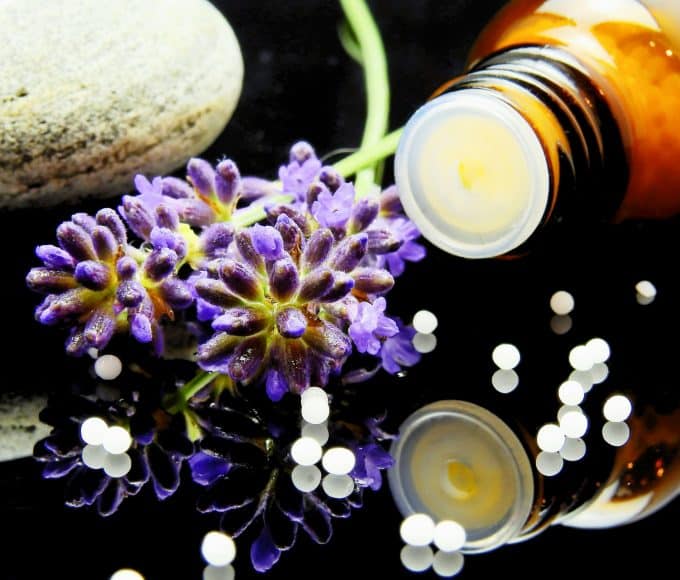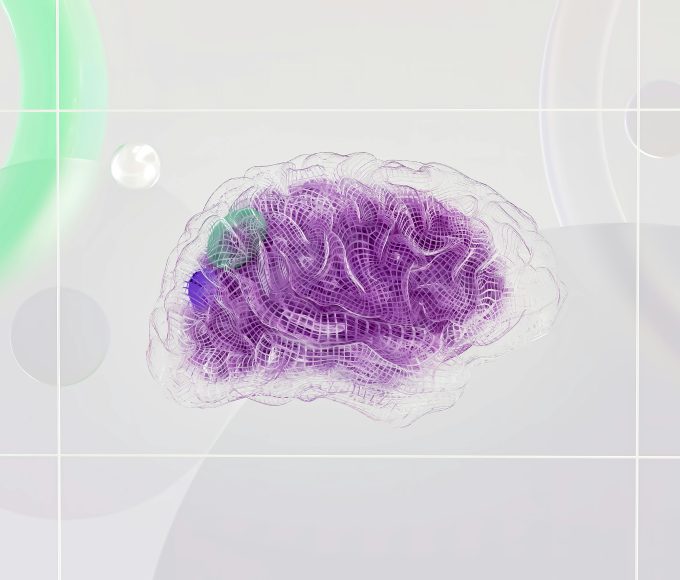When I started my bullet journal phase of obsessive organization, gratitude pages always seemed silly to me, like a waste of space. I’m not sure why. I would plaster pictures of my baby and endless lists of things to do, but I avoided the gratitude journal page spreads like the plague. It wasn’t until recently that I discovered why it would be a good idea to start including gratitude lists in my daily journal writings. Here are a few things that I learned when I grabbed a notebook and got writing.
Video Overview
How I Keep a Journal
I have evolved over the years on how I keep a journal, but I’ve always kept one consistently. In middle school and high school, it was a single subject notebook that was mainly filled with plenty of creative writing pieces. In college, I transitioned to composition notebooks and have tons of bits of my own writings smashed into books, as well as stream-of-consciousness prose and cutouts of newspapers and my favorite writers. It wasn’t until recently that I started using small planners to scribble in short blurbs of my daily life.
I like using small day planners because each day has a small space laid out and you only need to spend 5 minutes maximum to fill it. This means only the most important things get in the small area. What usually gets scribbled down are small events that would otherwise be forgotten, but when looking back, make me smile. These are my little moments of gratitude, as I like to call them. Small surprises from my partner, a little coincidence, a stroke of good luck. This is by no means telling you that you have to do the same thing that I do, but I think it would give you a good glimpse of my process.
Daily Reflection
A gratitude journal doesn’t just have to be about more significant events, like graduation, weddings, kids, and career accomplishments. Those are more obvious things that you’ll likely see daily. A gratitude journal should have snippets of things — both big and small — that you’re grateful for and often times overlook. It can even be boiled down to just a list of things that made you happy about that day. You can weed out the good and the bad of the day and jot it down. This daily reflection can become a place of meditation and act as an anchor to help you through the day, as it does me.
Habit Building
Writing consistently is a habit that can and should be developed. Singular habits that you carry over from day to day can create a sense of stability and security. Like developing any kind of practice, it can give you a sense of control. Over time, this can help increase your mental health and better cope with circumstances outside your control. Gratitude journaling can not just become a habit, but an outlet as well, should you decide to venture into more creative journaling.
Positive Language Reinforcement
Did you know that the way that you communicate about yourself and events that happen to you can rewire your brain? It has a similar effect as building the habit of writing daily. If you develop the habit of speaking to yourself and about your day positively, you can start to develop increased self-awareness and self-confidence. This can branch out into other aspects of your life, not just your thought processes. Your ability to communicate with your family, friends, and coworkers we become more positive and open as you develop these new habits.
Memory Keeper and Tracker
Like all journals, a gratitude journal has the inherent ability to document your life, whether intended or not. In each entry, it locks away a small memory that you can look back on. Even if you just list your day out, that’s enough for your brain to recall better things that had happened to you. The more detailed that you make the post, the more likely you are to remember it from memory.
Your gratitude journal can not only be a memory keeper, but it can be a tracker of sorts as well. You can pick you patterns for your days throughout an extended period, depending on what it is that you choose to document. This can prompt you to start including things regularly in your days that make you feel better. On the other hand, if something keeps dragging you down, you can find it and eliminate it from your life.
If journaling isn’t your cup of tea, I don’t blame you. It’s a habit that dedicates some time, effort, and emotional availability, but the benefits far outweigh those difficulties. Daily reflection and habit building can help to declutter your mind and help to strengthen a more positive mental health atmosphere. Having something tangible that you can touch can help to build lasting memories. Not everything has to be earth-changing. Make your journal yours and keep track of all that you’re grateful for.
















